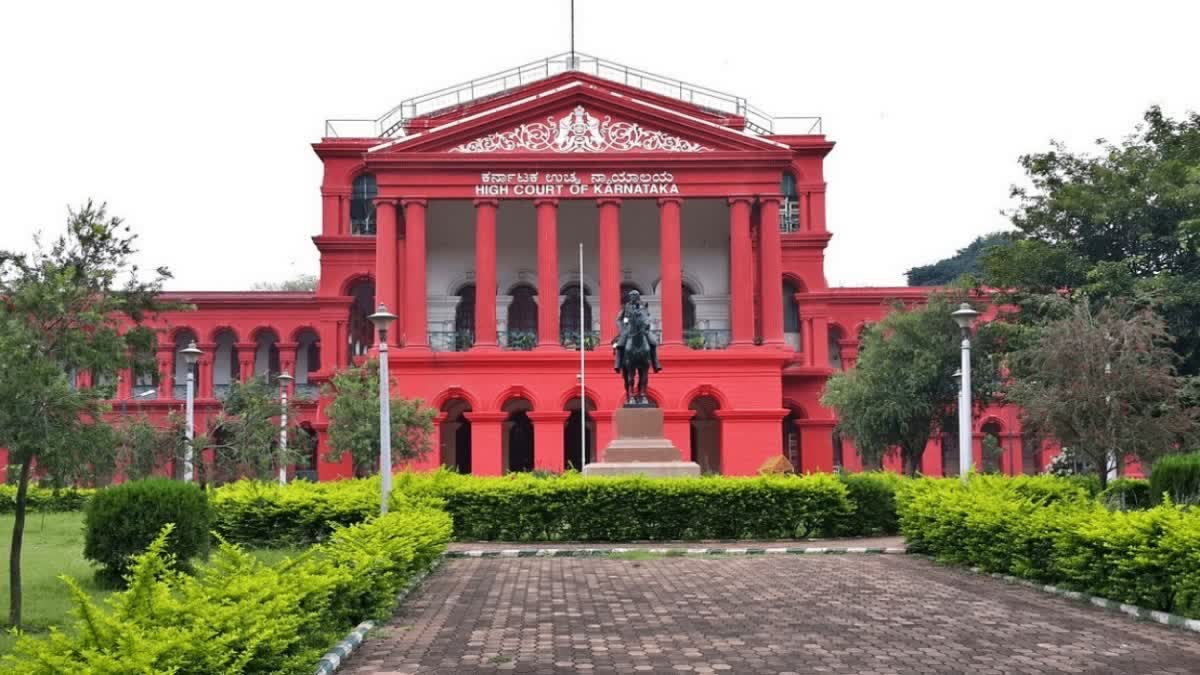Bengaluru: The Karnataka High Court has ordered the state government to appoint an expert committee to formulate guidelines on the steps to be followed in the case of the rape victim's pregnancy or abortion. The court further directed for immediate medical examination of a sexual assault victim after the registration of case under Section 376 of IPC or the POCSO Act.
A bench of Justice Suraj Govindaraj passed the directions while hearing a plea of a 17-year-old rape victim demanding terminate pregnancy. The sexual assault victim who has already crossed 24 weeks of pregnancy, the permissible period under the Medical Termination of Pregnancy Act, 1971, approached the court demanding to terminate her pregnancy saying not doing so would disrupt her studies and cause her mental trauma.
Following the petition, the HC directed to constituted a Medical Board in terms of sub-Section [2C] of Section 3 of the Medical Termination of Pregnancy Act, 1971. It further observed, “In view of the said report not indicating any contra-indications and/or any aspect which may endanger the petitioner if Medical Termination Pregnancy procedure is resorted to, I am of the considered opinion that the said request can be favourably considered.”
It further said that if the victim wishes to terminate the pregnancy which has been forced on her, the said request would have to be considered favourably. As part of the guidelines for the state government, the court said that after registering a case under the POCSO Act, the investigating officer should conduct a medical examination of the victim to ascertain whether she is pregnant or not and the pregancy weeks to determine the permissible period for termination of the pregnancy.
The court further directed that the investigating officer of the case should report the matter to the Child Welfare Committee or the District Protection Unit. The Child Welfare Committee or District Protection Unit consultant should consult with the victim and her family, it said. It said that counselors should educate the victim and her family about the legal options available to either continue the pregnancy or have an abortion.
That too in a language they know. A translator should be used if necessary, the court directed. It directed that a committee of experts should be formed to formulate guidelines to be followed by the victim in the matter of continuing the pregnancy or terminating the pregnancy. An expert committee appointed by the state government elaborated guidelines.
State DGP and Principal Secretary Home Department should send the guidelines to all investigating officers, child welfare committees, district child protection units, and all government hospitals, added the court. It said that the Legal Services Authority should issue relief considering the urgent need of the victim and her family in the POCSO case.
Also read:
Citing 'misuse', Karnataka HC temporarily suspends live streaming of all hearings
Marital status does not eclipse right to privacy: Karnataka High court
Linguistic Minority College can't remove employee in contravention of KEA: Karnataka HC



